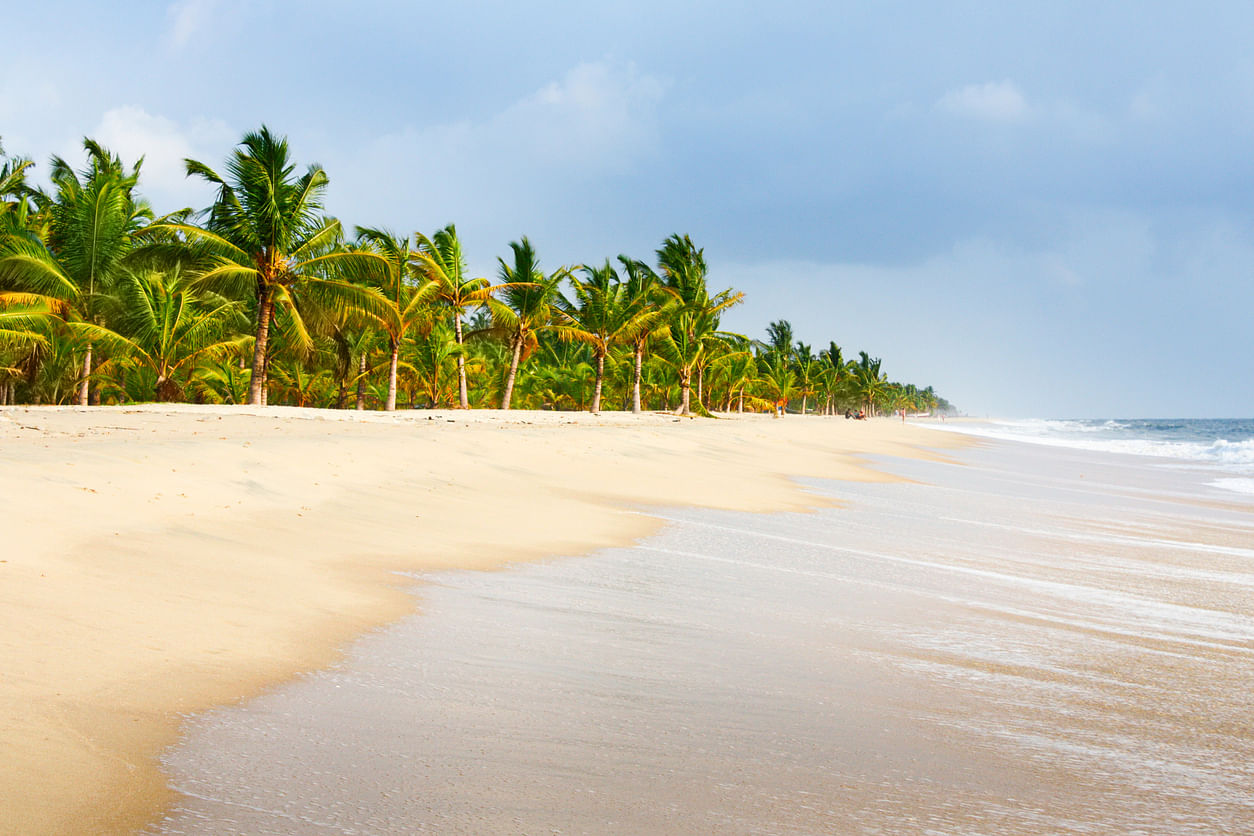
After a two-year-long exercise, eight Indian beaches including two from Karnataka - Kasarkod and Padubidri – on Sunday received the “Blue Flag” eco-tag certifying them among the world’s cleanest beaches.
The other six selected beaches are Shivrajpur (Dwarka-Gujarat), Ghoghla (Diu), Kappad (Kerala), Rushikonda (Andhra Pradesh), Golden beach in Puri (Odisha), and Radhanagar (Andaman and Nicobar Islands).
“It is an outstanding feat considering that no Blue Flag tag has ever been awarded to a nation for 8 beaches in a single attempt,” said Union Minister of Environment, Forest and Climate Change Prakash Javadekar.
“India is the first country in Asia-Pacific” region which has achieved this feat in just about two years' time. Japan, South Korea, and UAE are the other Asian nations with Blue Flag beaches. But they took a time of 5-6 years to get the recognition.”
From an initial shortlist of 13 beaches (one per each coastal state with the exception of Karnataka), the national jury recommended eight for consideration of the international jury, comprising officials from the United Nations Environment Programme, United Nations World Tourism Organisation, Foundation for Environmental Education and International Union for the Conservation of Nature.
The Blue Flag is certification by the FEE to ensure that authorities managing the beaches follow a set of stringent standards to clean up popular seaside destinations.
None of the Indian beaches had this certification earlier, while Spain has 578 such beaches. Other countries with a large number of Blue Flag beaches are Turkey (436), Greece (395), Italy (342), and Portugal (299).
The green ministry now sought to achieve such certification for 100 more beaches in the next five years, an official said.
The jury also awarded India under the category of “International Best Practices” for pollution control in coastal regions.
The coveted eco-label was realised following a successful government programme under its Integrated Coastal Zone Management project. Undertaken by the Society of Integrated Coastal Management, it was meant to achieve the tag for a handful of beaches on a pilot scale and subsequently replicating the experience in other beaches.
Under the programme, an effort was made to abate pollution in coastal waters and beaches, conserve coastal ecosystems and encourage the local authorities and stakeholders to maintain high standards of cleanliness, hygiene, safety, and security for beachgoers. It led to promotion of beach tourism in harmony with nature, said an official.
